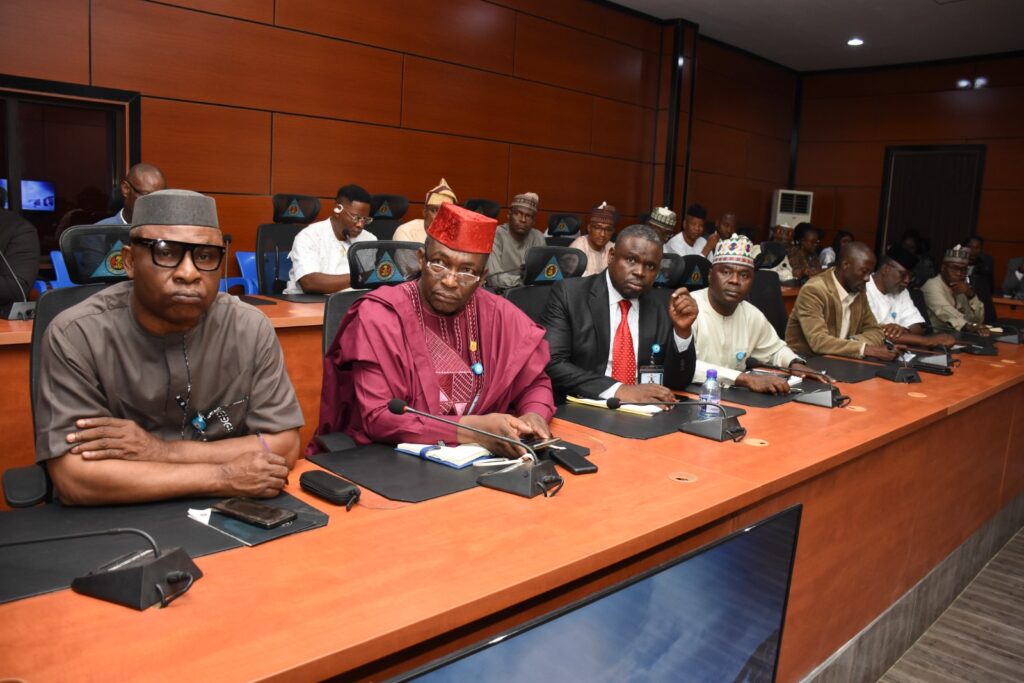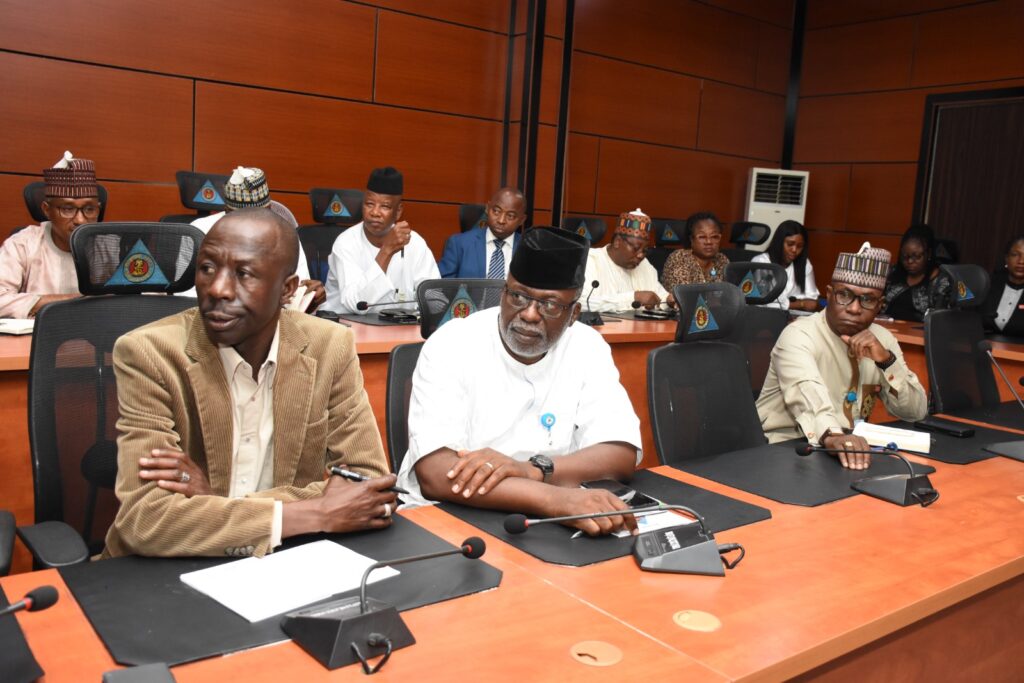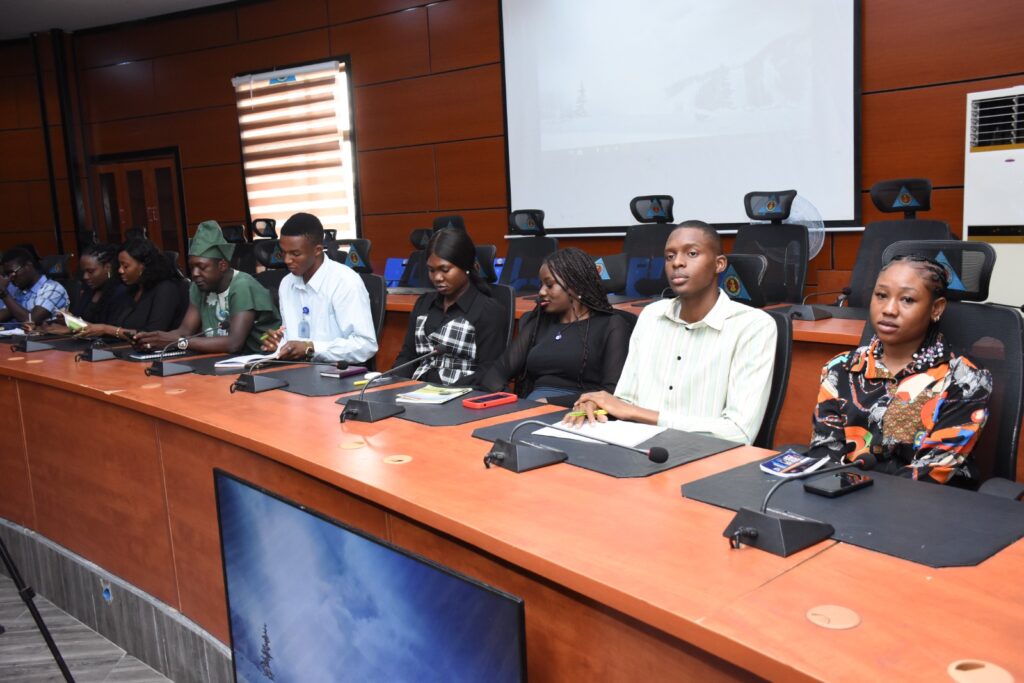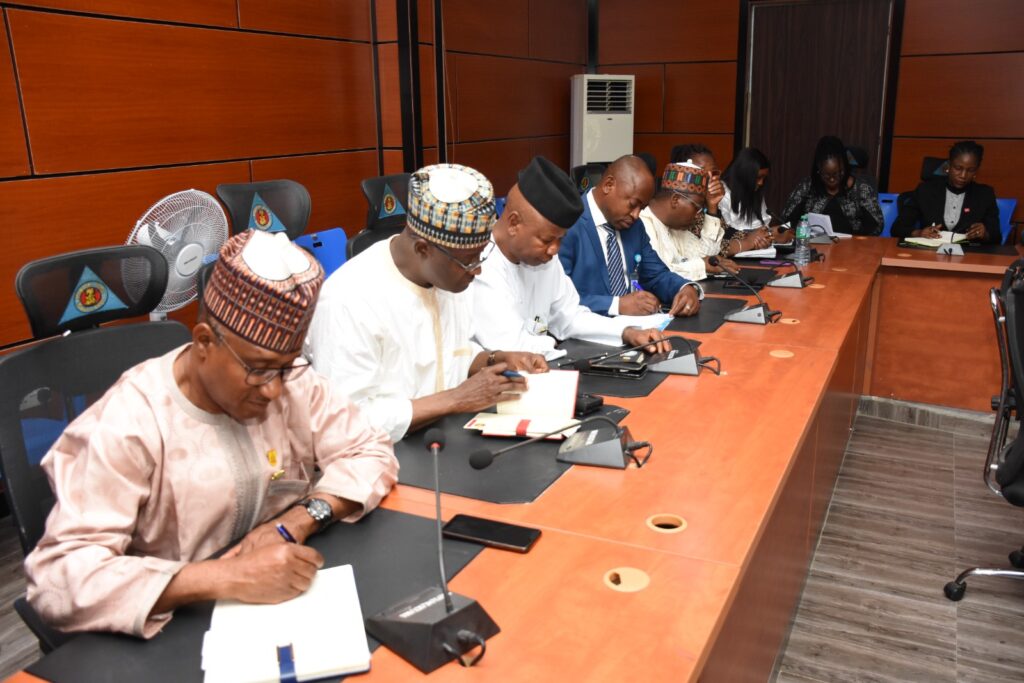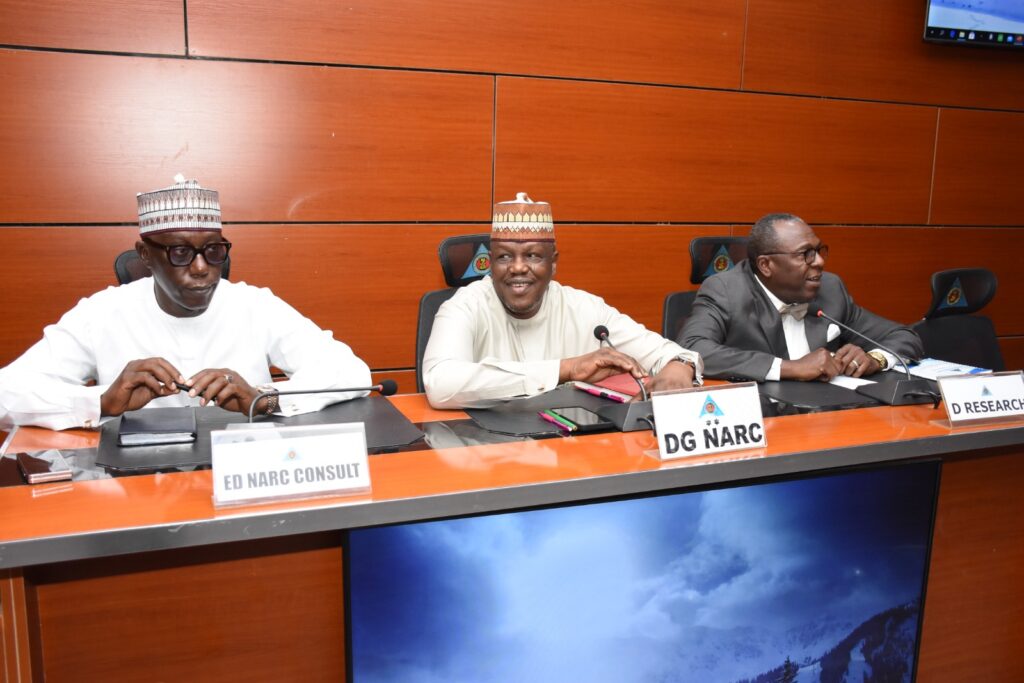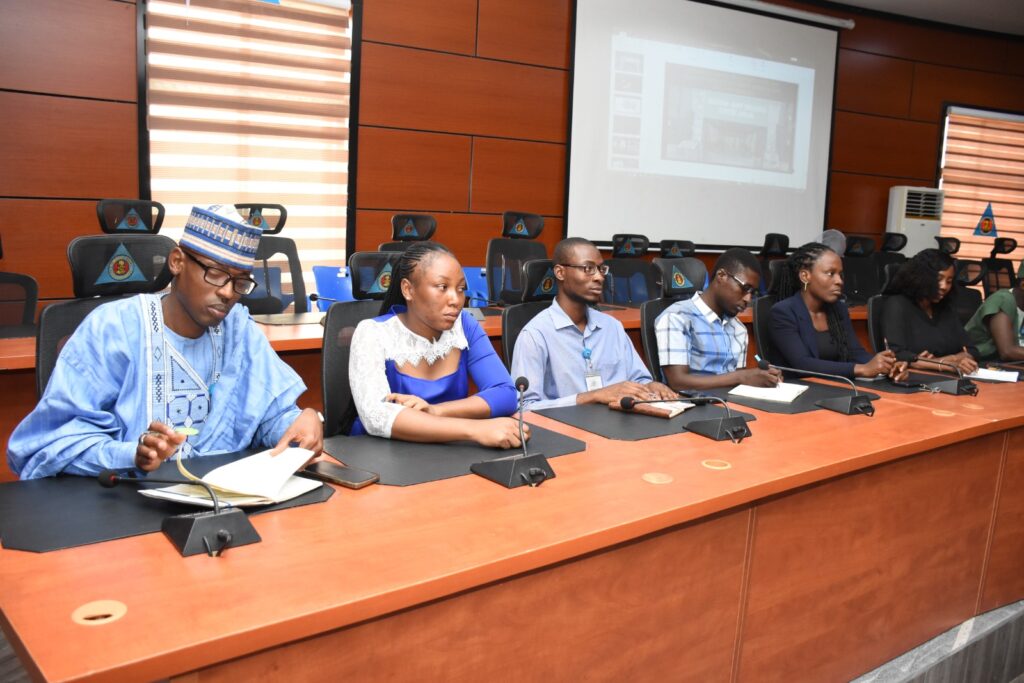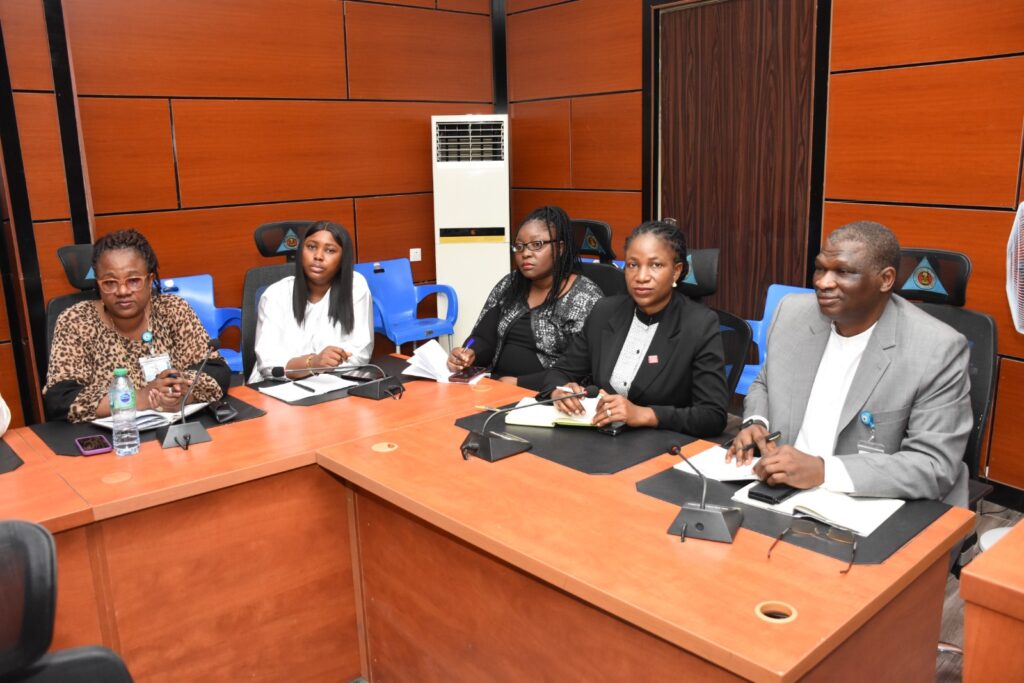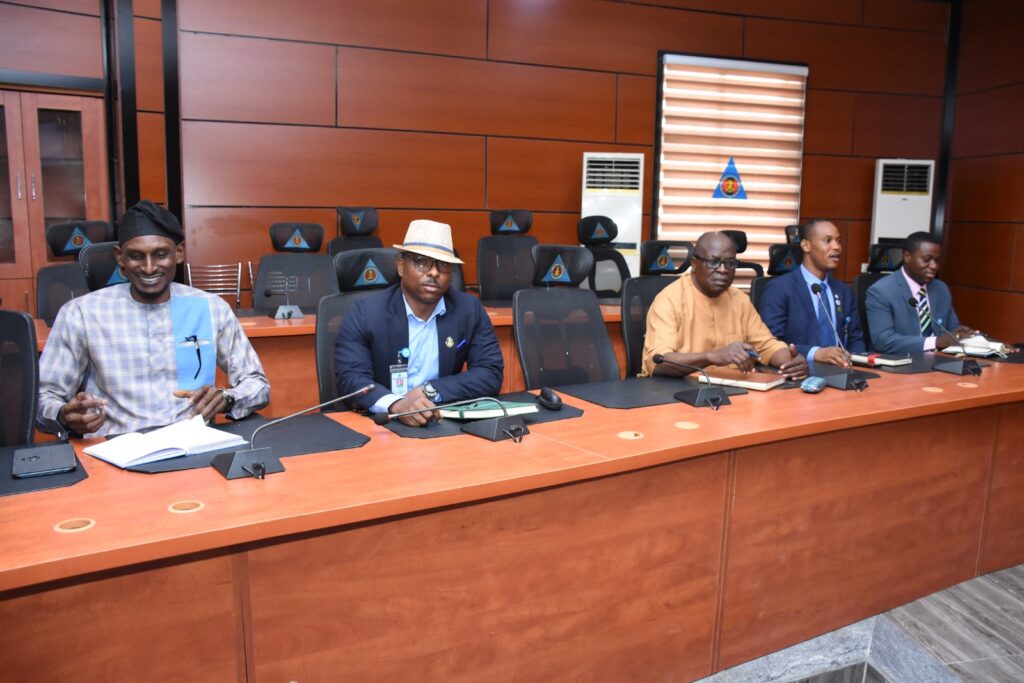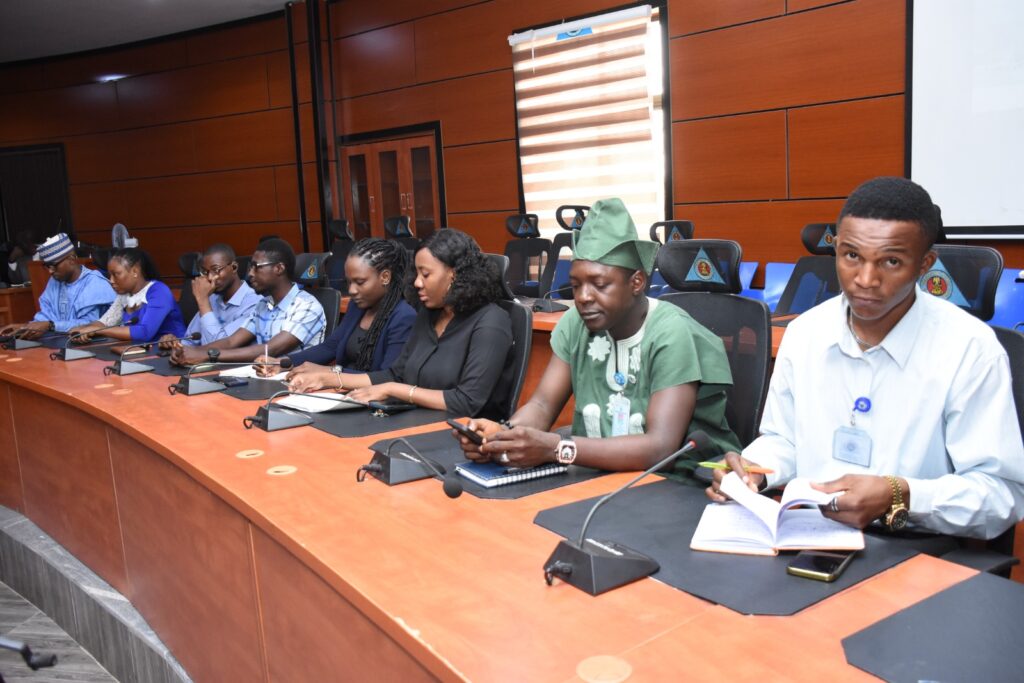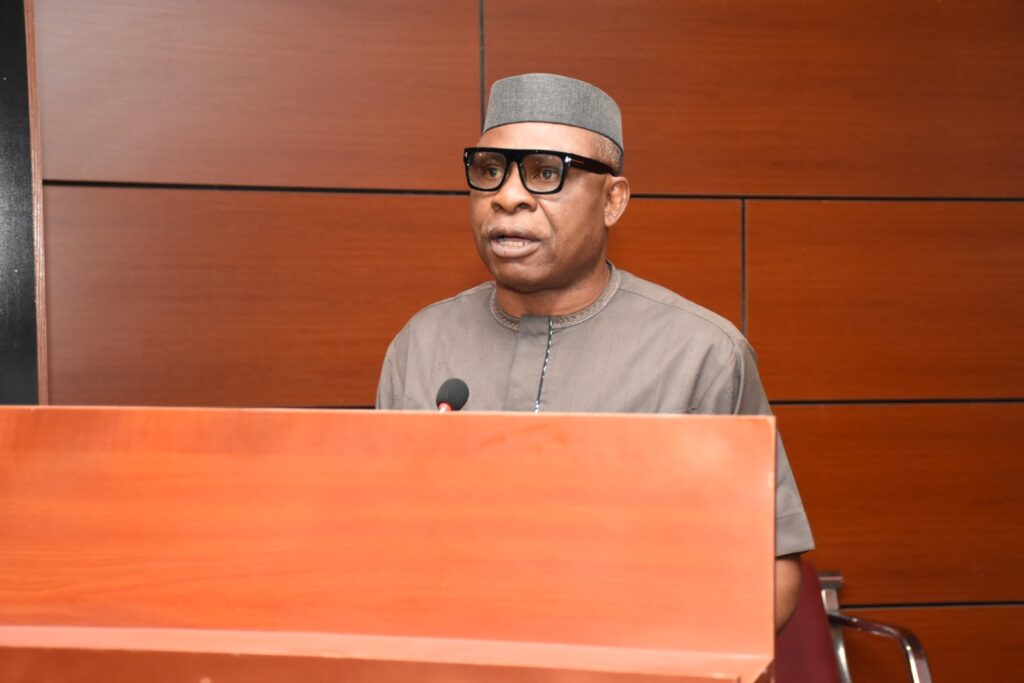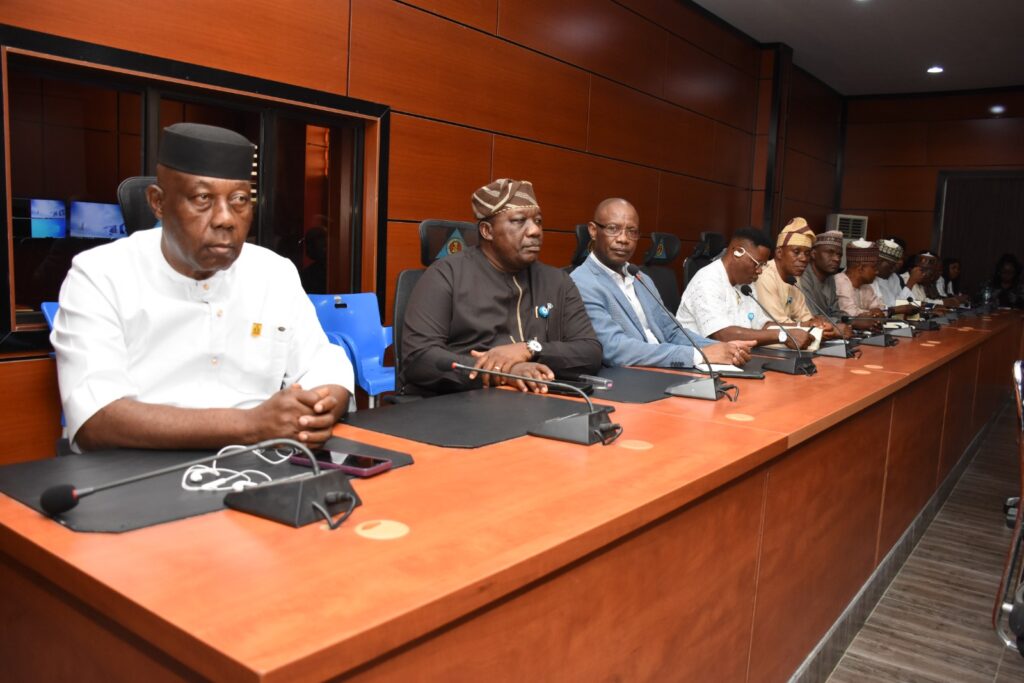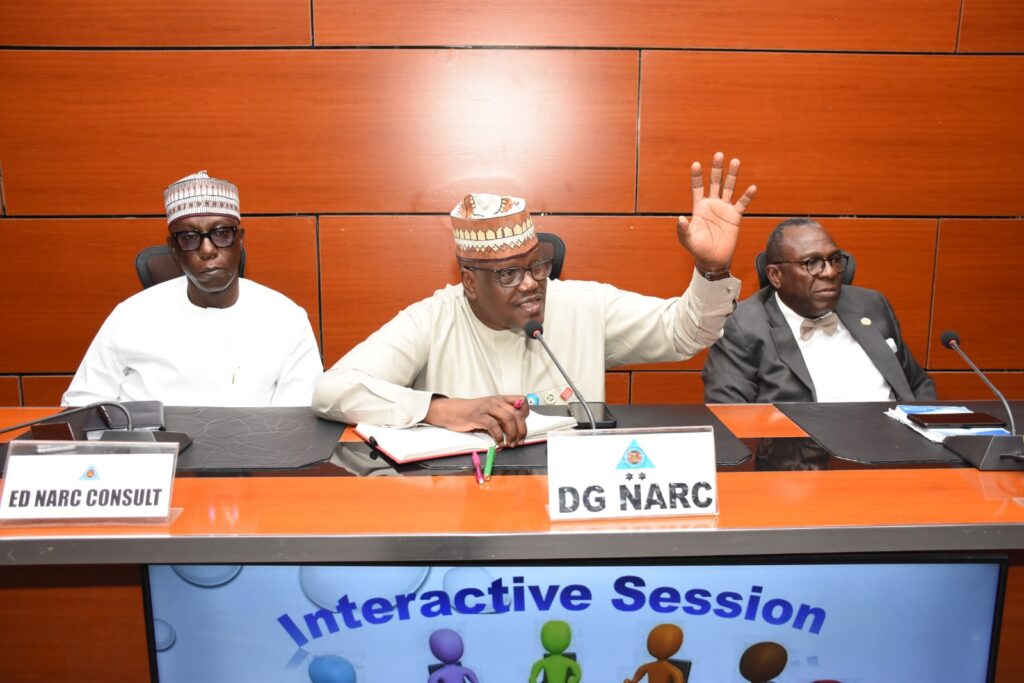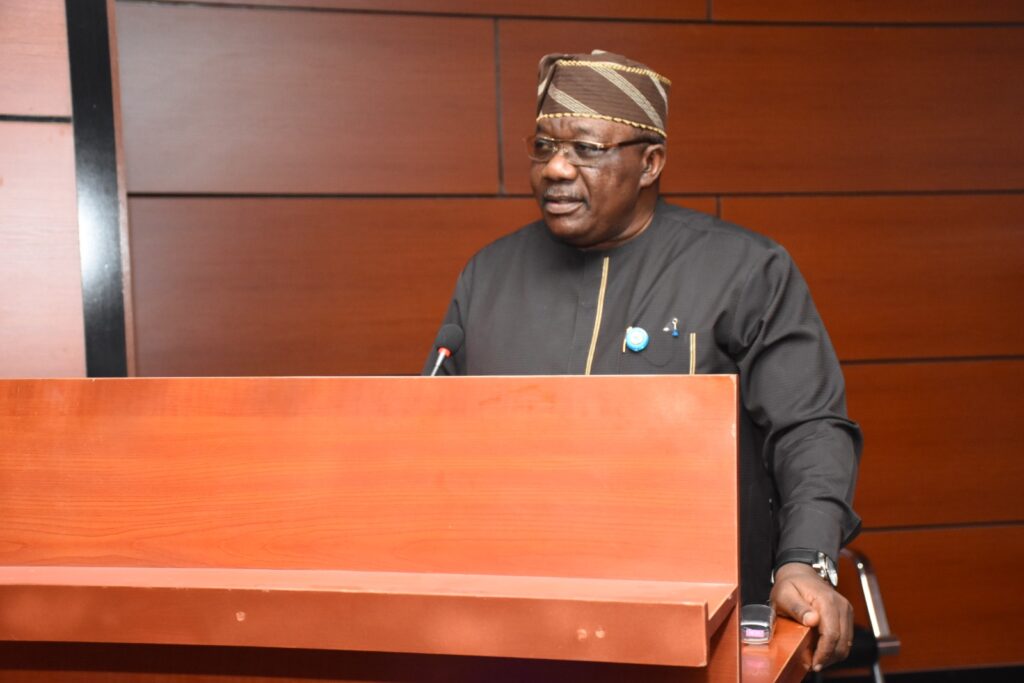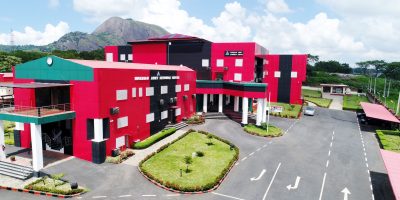Nigerian Army Resource Centre (NARC) Weekly Subject Experts’ Presentation was held at Hall F, ML Agwai Block, Abuja. There were two presentations made by the Subject Experts on West Africa, Gulf of Guinea and Central America.
The first presentation by Maj Gen OO Adeleke (Rtd) subject expert on West Africa and Gulf of Guinea, discussed on how Central Bank of Liberia’s $80.3m Loan to Government for Salaries Sparks Debate Over ‘Skipping’ Legislative Approval. On 19 Feb 2024 Front Page Africa (FPA) reported that a member of the House of Representatives, has requested the appearance of the Central Bank of Liberia (CBL) Executive Governor to provide explanations for what he described as a violation of the Public Procurement Management Law (PFM Law) by extending US$83.05 million loan to the George Weah’s administration last December for the purpose of paying civil servants’ salary without legislative approval.
In his analysis and lessons for Nigeria, Gen OO Adeleke (Rtd) pointed out that, the CBN Act, 2007 provides that the CBN shall be a fully autonomous body in the discharge of its functions under the Act and the Banks and other Financial Institutions Act with the objective of promoting stability and continuity in economic management. Unfortunately, the central bank’s role as lender of last resort and adviser to the federal government has sometimes pushed it into murky regulatory waters. “This has resulted in the mismanagement of resources and endemic corruption in Nigeria as exemplified in the last administration causing severe repercussions for the economy”.
He recommended that The Federal Government of Nigeria should appoint credible personalities including past CBN governors into the CBN Board of governors and empower them to guide the activities of the incumbent governor. The NASS should review the provisions of the CBN Act 2007 in order to address all loopholes and also evolve a mechanism to sanction members of house committee, which fail to carry out their oversight functions, particularly where the institutions involved have woefully failed as with the CBN in the last administration.
Similarly, the second presentation by Brig Gen ED Idimah Subject Experts on Central America, centered his presentation on how the Foreign Minister Kamikawa Hosts Luncheon Meeting With Japanese Community and Companies in Panama. On February 23, Minister Kamikawa Yoko, the Minister for Foreign Affairs of Japan, held a luncheon meeting with Japanese nationals residing in Panama and representatives of Japanese companies in Panama. During the meeting, Minister Kamikawa emphasized the importance of Panama as a valued partner of Japan, sharing common values and principles. She acknowledged the collaborative efforts of various stakeholders, particularly those in the maritime and trade sectors, which have contributed to the strong friendship between the two countries.
In his analysis and lesson for Nigeria, General Idimah noted that, International relations between countries and non-state actors can take different forms, such as cooperation, conflict, multilateralism, bilateralism, and even personal relationships between leaders that can impact the relations between their respective countries. Nigeria can draw several lessons from this visit and meeting in its relations with its friendly countries by emphasizing shared values, acknowledging contributions, utilizing commemorative occasions, exploring mutual interests, promoting open and candid discussions, and fostering closer ties and mutual understanding. Nigeria can also enhance its national security by strengthening regional cooperation, leveraging economic partnerships, addressing transnational threats, promoting stability in the region, and enhancing intelligence sharing.
He recommended that Federal Government of Nigeria should actively engage with friendly countries to enhance cooperation on security matters and also leverage economic partnerships with friendly countries to boost its economy and address the socioeconomic factors contributing to insecurity. FGN should continue to play an active role in the West African sub-region by supporting regional efforts to combat terrorism, transnational crime, and other security threats.
